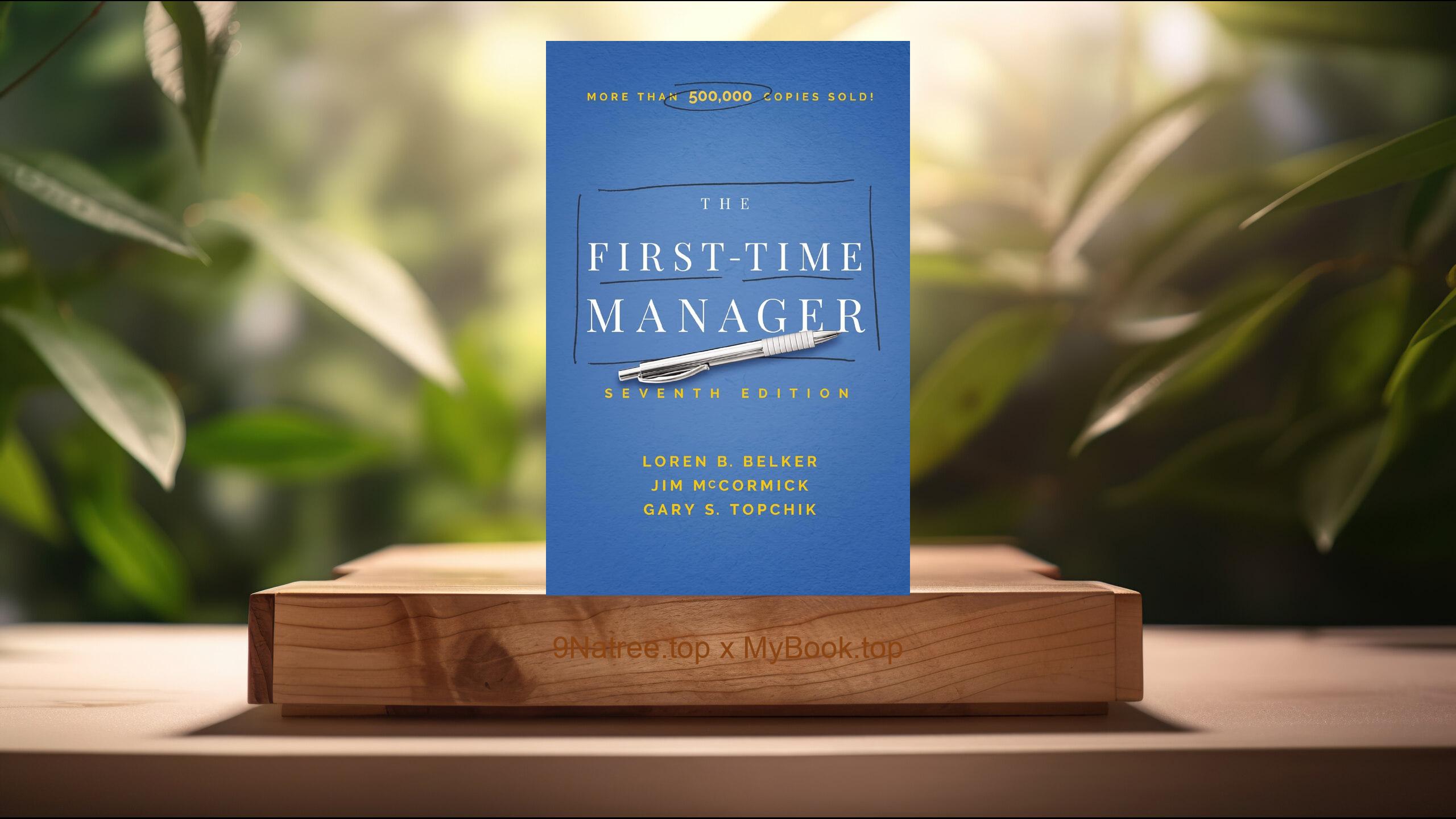Show Notes
- Amazon US Store: https://www.amazon.com/dp/B09Q6HWDW4?tag=9natree-20
- Amazon Worldwide Store: https://global.buys.trade/Prediction-Machines-Updated-and-Expanded-Ajay-Agrawal.html
- eBay: https://www.ebay.com/sch/i.html?_nkw=Prediction+Machines+Updated+and+Expanded+Ajay+Agrawal+&mkcid=1&mkrid=711-53200-19255-0&siteid=0&campid=5339060787&customid=9natree&toolid=10001&mkevt=1
- Read more: https://mybook.top/read/B09Q6HWDW4/
#ArtificialIntelligenceEconomics #AIImpactonDecisionMaking #DataandAI #AIEthicalChallenges #FutureofAI #PredictionMachinesUpdatedandExpanded
These are takeaways from this book.
Firstly, The Economic Impact of AI, A core theme of 'Prediction Machines' is the exploration of how AI is expected to revolutionize the economic landscape. The book argues that AI, by drastically reducing the cost of predictions, will influence almost every aspect of the economy. It will enhance decision-making processes, make markets more efficient, and lead to the creation of new products and services. The authors delve into historical parallels, showing how technological advancements have reshaped economies in the past, and propose that AI's effect on prediction costs will have similarly profound implications. This section details the direct and indirect economic impacts of AI, including productivity improvements, the creation of new markets, and the disruption of existing industries.
Secondly, Decision-Making in the Age of AI, This section addresses how artificial intelligence is poised to revolutionize decision-making in both personal and professional contexts. The authors highlight AI’s capability to process vast amounts of data and provide insights that were previously unattainable. They discuss the implications of these advancements for businesses, emphasizing how AI can reduce uncertainties and enable more informed decision-making processes. The book also explores the ethical and societal considerations of AI-assisted decisions, stressing the importance of maintaining human oversight in critical decision-making processes. Through various case studies and examples, the authors illustrate how AI technologies improve strategic planning, operational efficiencies, and even personal choices.
Thirdly, The Role of Data in AI, Data is the lifeblood of AI, and 'Prediction Machines' dedicates a substantial section to discussing the critical role of data in powering AI systems. The authors explain how the quality, quantity, and accessibility of data determine the effectiveness of AI predictions. They also explore the economics of data, including data as a commodity, privacy concerns, and the competitive advantages conferred by data. This segment evaluates the strategic considerations businesses and organizations must address regarding data acquisition, management, and governance to leverage AI technologies fully. It also highlights the challenges and opportunities presented by big data in the context of AI development.
Fourthly, Challenges and Risks of AI, This part of the book delves into the challenges and risks associated with the widespread adoption of AI, including ethical dilemmas, job displacement, and security concerns. The authors provide a balanced view, acknowledging the potential of AI to bring significant benefits while also highlighting the importance of addressing the ethical and societal implications head-on. They discuss regulatory and policy considerations, the need for transparency in AI applications, and the impact of AI on the workforce. Through careful analysis, this section outlines potential pathways for mitigating these risks, such as fostering a skilled workforce adaptable to AI-driven changes and ensuring responsible AI development and use.
Lastly, Preparing for an AI-Driven Future, The final key topic discussed in 'Prediction Machines' is how individuals, businesses, and societies can prepare for an AI-driven future. The authors offer practical advice on adopting AI technologies, emphasizing the importance of strategic planning and lifelong learning. They argue that to capitalize on the opportunities presented by AI, stakeholders must understand its basic principles, recognize its potential and limitations, and develop strategies that leverage AI for competitive advantage. The section also covers the importance of collaboration between technologists, policymakers, and educators to ensure that the benefits of AI are widely distributed and that its challenges are responsibly addressed.
![[Review] Prediction Machines, Updated and Expanded (Ajay Agrawal) Summarized](https://episodes.castos.com/660078c6833215-59505987/images/1848785/c1a-085k3-9j54djk9b5np-nh5emu.jpg)




